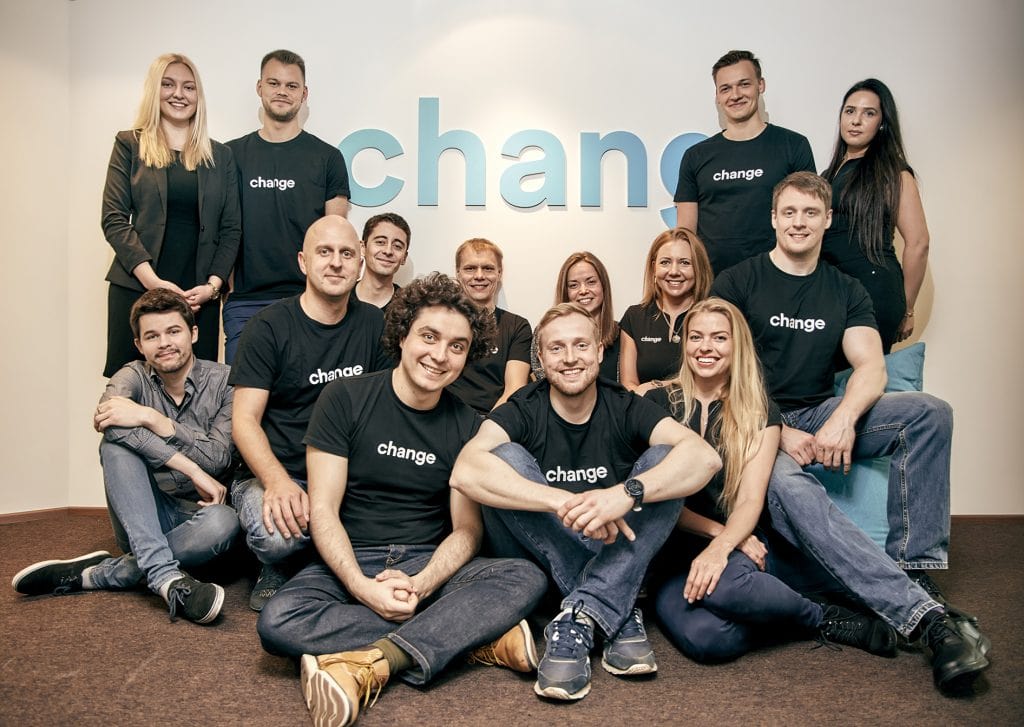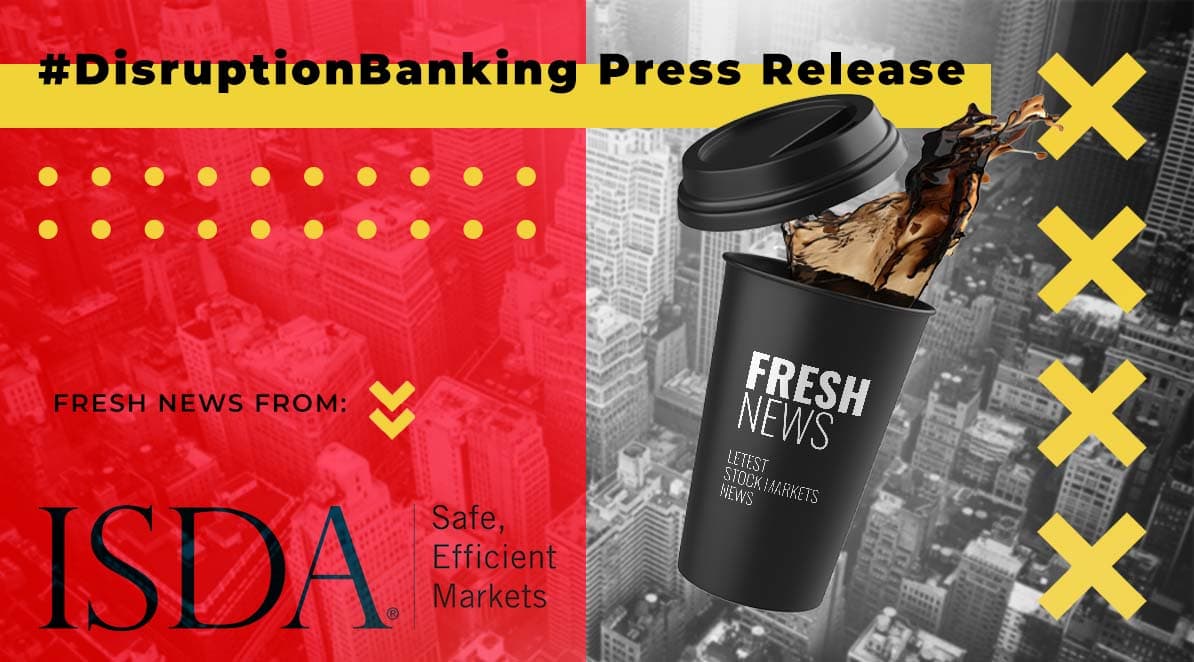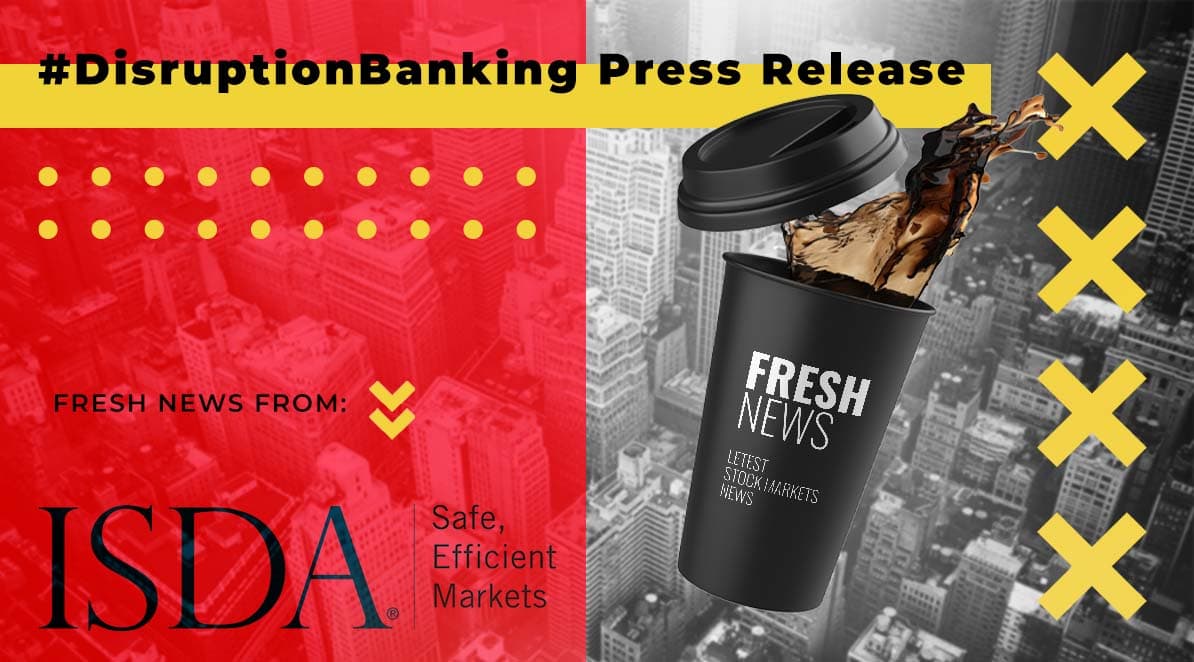THE FUTURE OF CRYPTOCURRENCY AND SECURITY MARKETS
Alice Tärk, Chief Operating Officer at Change Invest, outlines a revolutionary vision of the financial future where almost any asset can be used as currency, for even the smallest of purchases;
“For the majority of people, their perception of a cryptocurrency is based on news stories about the likes of Bitcoin and Ethereum. However, the future definition of a cryptocurrency is going to be quite different from what we know today. Looking ahead, any kind of value could be tokenized on a blockchain, bringing a new understanding of assets, currencies and securities markets. In the future, everything could be considered a currency.
For example, if someone wants to buy a coffee, they will use their mobile banking app and choose from a selection of different assets and currencies – from US stocks or gold to Bitcoin or olive oil. A smart algorithm will recommend the best-performing asset to use at that exact moment, saving the customer money. Such a system will give people control and freedom over their money they have never had before, allowing them to choose the value system that they want to support.
Perspectives on investing
At present, we at Change are providing a cryptocurrency wallet and exchange platform, but we’re also carrying out plenty of user research, conducting face-to-face interviews with our customers to understand what made them step into the world of cryptocurrencies and their other financial interests. We noticed that people today see cryptocurrencies more as an investment than a payment method, due to the high fluctuation of these currencies.
These people are also interested in trying out other investment classes, but haven’t done so for a variety of reasons. In the case of millennials, they have a different perspective on what investing means and, commonly, think it is not for them. But millennials will soon make up the largest segment of global adult population. Our goal is to build the mindset and tools for young people to start building their financial futures.
One of the biggest obstacles to investing among this demographic is lack of funds – about 70% are not investing because they think they don’t have enough money. They also find the traditional tools expensive and complicated, and are not ready to commit to minimum balances and the many other requirements of the current options.
Millennials are also more likely to be looking to achieve a greater purpose from their investment than just making money. They don’t particularly want to invest in the big US corporations, for instance – they are more keen to invest in something closer to their heart, that they can actually believe in.

“In the future, any kind of company in the world could go public, with access to a global
marketplace and consumer base”
A very basic example would be a small art gallery that wants to show a new collection or buy expensive artwork. Financing for this would be difficult, but the gallery has a lot of customers that would want to support its goals. This is where tokenization comes into play to support both sides – by issuing security tokens the gallery can access funding from their loyal customers and followers very easily, through a mobile app. In exchange, these investors would become shareholders in the gallery, receiving discounts or other incentives.
It’s easy to imagine how many small and medium-sized companies around the world would benefit from such financing to expand their businesses. In the future, any kind of company in the world could go public, with easy access to a global marketplace and consumer base.
There are numerous advantages of tokenized assets for the financial sector and its customers. As the infrastructure is much more effective, companies could provide their services at lower fees. They won’t require minimum balances and can enable their customers to dip their toes in the water with small investments, trying different assets and services without committing everything at once. Fractionalized investments will be possible, enabling people to start investing with as little as one euro, for example. Soon, anyone can be an investor.
Different expectations
It also comes down to the tools that are offered – millennials have different expectations of simplicity and mobile solutions than previous generations.
We can see this in the trend of digital and alternative banking. Challenger banks are growing at an exponential rate around the world, and this mostly comes down to providing a simple, fully mobile solution that most of the traditional banks are not yet offering.
Before this future can be realized there is much work ahead, for both regulators and the market participants. Currently, regulators are taking a very cautious approach to anything crypto- or blockchain related, and with good reason. We have seen plenty of headlines about crypto fraud cases, while many of the ICO companies from the boom of 2017 have gone into bankruptcy or haven’t been able to fulfil their promises.
We have a big responsibility in taking this industry forward, educating the regulators, politicians and stakeholders that there is another side to crypto and blockchain than fraud and questionable ICOs. For us at Change, this means a lot of lobbying through events, conferences, roundtables and face-to-face meetings with regulators and policymakers.

We believe that crypto companies or crypto products and services should not be treated any differently to the traditional market participants, because we are talking about managing and holding other people’s hard-earned money. But there are a lot of improvements that need to be made to the current regulations to enable the new solutions to happen – for example, in identity verification or issuance of securities.
From a global perspective, the UK is a definite market leader in the adoption of cryptocurrencies. Regulators are working openly with companies and consumers to figure out where the borders should be and the changes in regulation that are required for tokenized assets to reach the mainstream. The UK is the only jurisdiction so far to issue complex financial licences to crypto-related companies.
Worldwide expansion
If the UK continues to be the trailblazer, then we expect tokenized assets and blockchain based solutions will expand across Europe, followed by the US and, probably, Asia in the later stages. So far, Asian regulators have cracked down on any kind of crypto business, perhaps because it took off so quickly, and now they are trying to deal with the consequences. To this point, the answer has been to set very strict limitations around how these companies can operate, if at all. As global adoption starts to grow, it seems inevitable that this approach will change.
















One Response